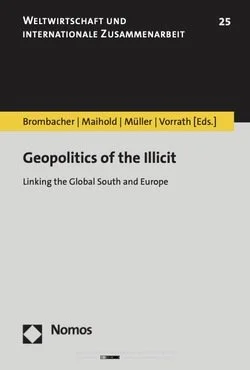By Virginia Comolli
Building and expanding on the analysis in the Global Organized Crime Index, the GI-TOC has undertaken to map trends in organized criminality in the Pacific (Oceania). The resulting papers contribute to filling some of the gaps in a region where crime-related data can be scarce. In turn, these analyses allow us to identify vulnerabilities as well as opportunities for intervention and mitigation. The Pacific islands now occupy a more prominent place on the international strategic chessboard as a result of the proliferation of trade, diplomatic and security engagements in the region in the 21st century. This is due to greater foreign presence and influence in Micronesia, Melanesia and Polynesia, and intensifying geopolitical competition among external partners. This reality, alongside greater connectivity and market trends, is also drastically transforming the criminal landscape. Pacific islands have traditionally been considered as mostly immune from high levels of criminality due to their geographic remoteness. However, highly pernicious illicit markets are taking hold, and the islands are becoming increasingly vulnerable to new threats in the form of cyber-enabled and cyber-dependent crimes and the introduction of new narcotics, to mention just two examples. Who is behind these activities? There are multiple criminal actors present and active in the Pacific islands, but the most pervasive are foreign actors. And within the foreign actor sub-set, there are a diverse array of nationalities and sectors. The one thing they have in common is their pivotal role vis a vis evolving crime dynamics. Across the series of papers, we map their different typologies. The emerging pictures suggest that, possibly contrary to expectations, business operators are often responsible for the bulk of organized criminality. This is particularly evident in the extractive industries, but also in sectors such as real estate and financial services. Yet, more ‘obvious’ criminal actors such as cartels and triads have also made their way to the islands and intensified their operations.
Geneva, SWIT: Global Initiative Against Transnational Organized Crime. 2024. 29p.




